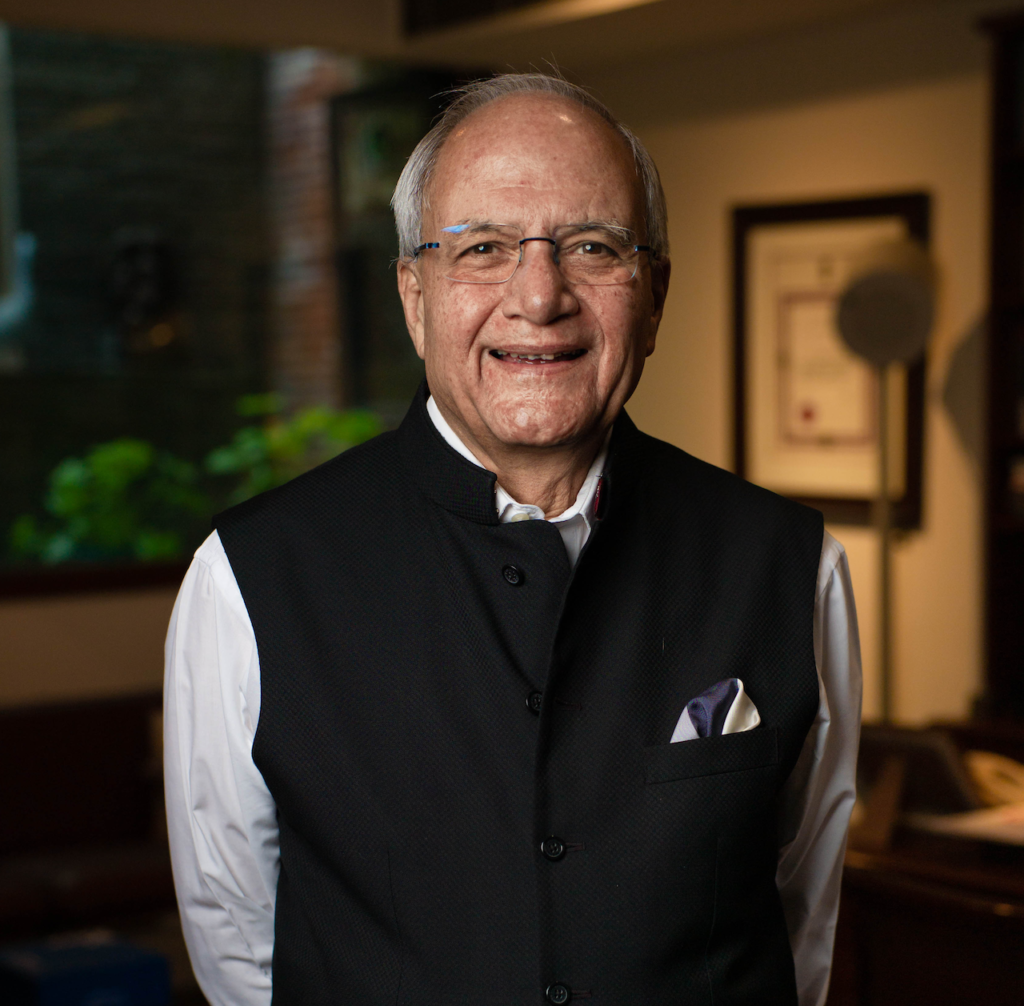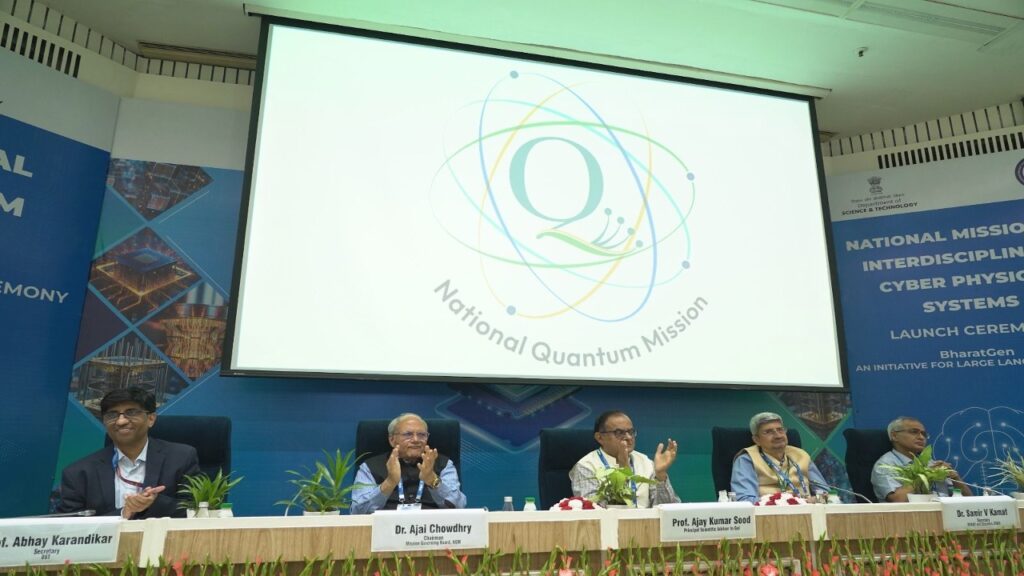ASIA ELECTRONICS INDUSTRYYOUR WINDOW TO SMART MANUFACTURING
New Quantum Mission to Propel India’s Tech Dominance
Two years ago on April 19, the Indian government has approved the creation of the National Quantum Mission (NQM) and allocated a Rs. 6,003.65 crore (about 60 billion Indian rupees) over the next eight years. Accordingly, the main goal is to nurture and scale up the country’s quantum technology ecosystem.
Heading the gigantic task is Dr. Ajai Chowdhry, who acts as Chairman of the NQM’s Governing Board and his guiding principle is clear – to elevate India’s quantum prowess independent of other countries’ technologies.
“Why quantum in India? We (India) have to have technology sovereignty. We can’t just be dependent on others for technology. So we must have our own technology,” said Chowdhry in an interview with Dempa Shimbun Daily/Semiconductor Navi. Dr. Chowdhry is also the co-founder of HCL Technologies Limited and the founder and chairman of EPIC Foundation.

India’s Quantum Mission
Dr. Chowdhry said tech heavyweights such as the United States are not likely to share their technologies to India. For one, he cited for example the decision of United States to place India in the third category, instead of second category, in the country’s exports list of technologies, such as powerful chips.
“What that basically means to us is that we better be prepared on our own. We can’t just depend on Western countries alone,” said Dr. Chowdhry.
Reinvigorating India’s quantum ecosystem is not a farfetched endeavor. At any rate, the country has a very solid STEM program and produces a huge number of engineers and scientists every year.
In January 2024, Dr. Chowdhry said they have established NQMs framework and set up four verticals to which the NQM will focus. Namely, quantum computing, quantum communication, sensors, and materials and devices.
The NQM, Dr. Chowdhry said, has outlined specific objectives for each of the verticals. In the quantum computing, is to develop intermediate-scale quantum computers with up to 1,000 physical qubits during the 8-year period. In quantum communications, the NQM aims to achieve 500 kilometers on fiber and 250 kilometers on space within one year.
Meanwhile, in sensing vertical, the center of which is at the Indian Institute of Technology Bombay (IIT Bombay), is to develop sensing products, such as magnetometers while the last vertical, materials and devices, is to develop materials that will be useful for creating quantum products.

Collaboration, Partnerships
Although the main objective of reinvigorating India’s quantum ecosystem is to develop tech sovereignty and reduce dependence on foreign countries for supplies, Dr. Chowdhry said India is keen to pursue collaboration with countries for joint IP development. Among these countries India are exploring partnerships include Japan, Korea, Singapore, Malaysia, as well as some countries in Europe.
“We don’t want to just look at importing computers from all over the place we are interested in jointly working on IP in India because we have good capability, good number of scientists available in this area. We believe that a a good collaboration can be created,” said Dr. Chowdhry.
Specifically, he noted Japan is in a good position in quantum computing. In fact, NQM is in talks with Fujitsu for a possible strategic collaboration in the creation of IP.
“We would be very happy to provide some of those products to Japan because we have very robust QKD (Quantum Key Distribution) products already tested and working in the country…It would be a very good opportunity for Japan to look at our products and see if they can be utilized for making you quantum secure,” said Dr. Chowdhry.
Taps Strength in Chip Design, Manufacturing
For several decades, India has been mustering massive efforts to become a global semiconductor powerhouse. Last year, the Indian government has approved Tata Electronics’ proposal to build the country’s first every semiconductor fab. At the same time, the country has been a global major player in chip designing.
Dr. Chowdhry said these strengths will bring great value to the country’s quantum mission.
“(India’s wafer fabrication for ) semiconductors is something that is happening today. Although it’s still very early stage, our biggest strength as a country in the semiconductor area is design. So we have largest amount of fabulous capability in the country. So large number of global companies are actually designing their chips in India,” said Dr. Chowdhry.
India is one of the largest markets in the world and this is one of the main reasons why electronics and semiconductors are essential for India. With having its first fab just around the corner and its impeccable dominance in chip design, the country will be able to create a bigger ecosystem.
“Anybody who comes to India and sets up (business) in India and works together with India and creates products in India will have the benefit of a large domestic market which (not all countries) can offer. (One country) may have great manufacturing capability but they don’t have the market, they don’t have the design capability. India has them all.”
16 April 2025




